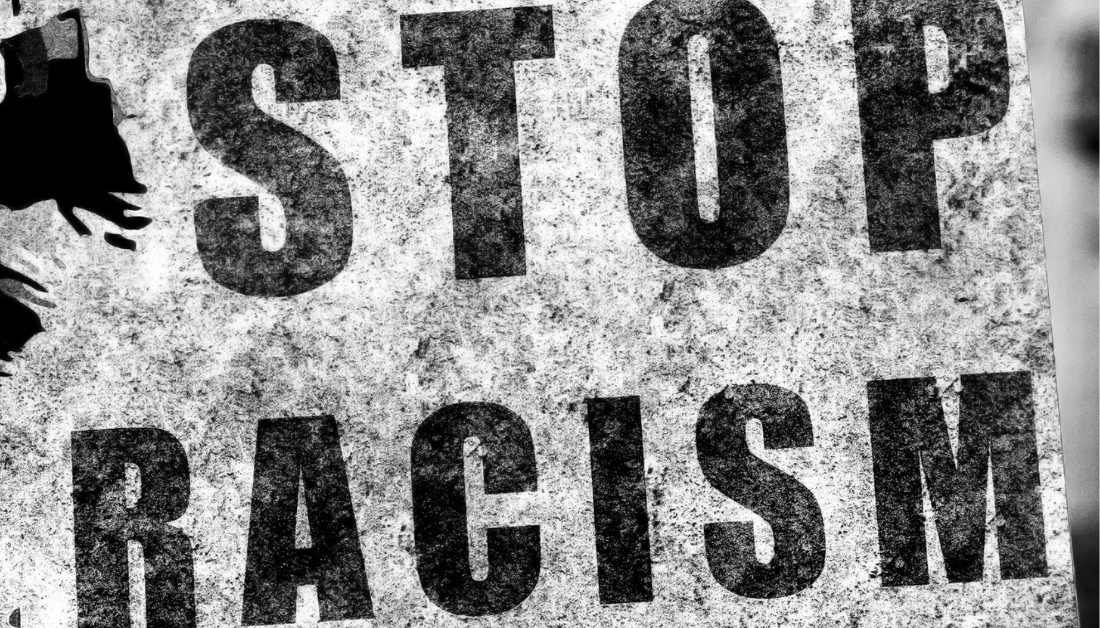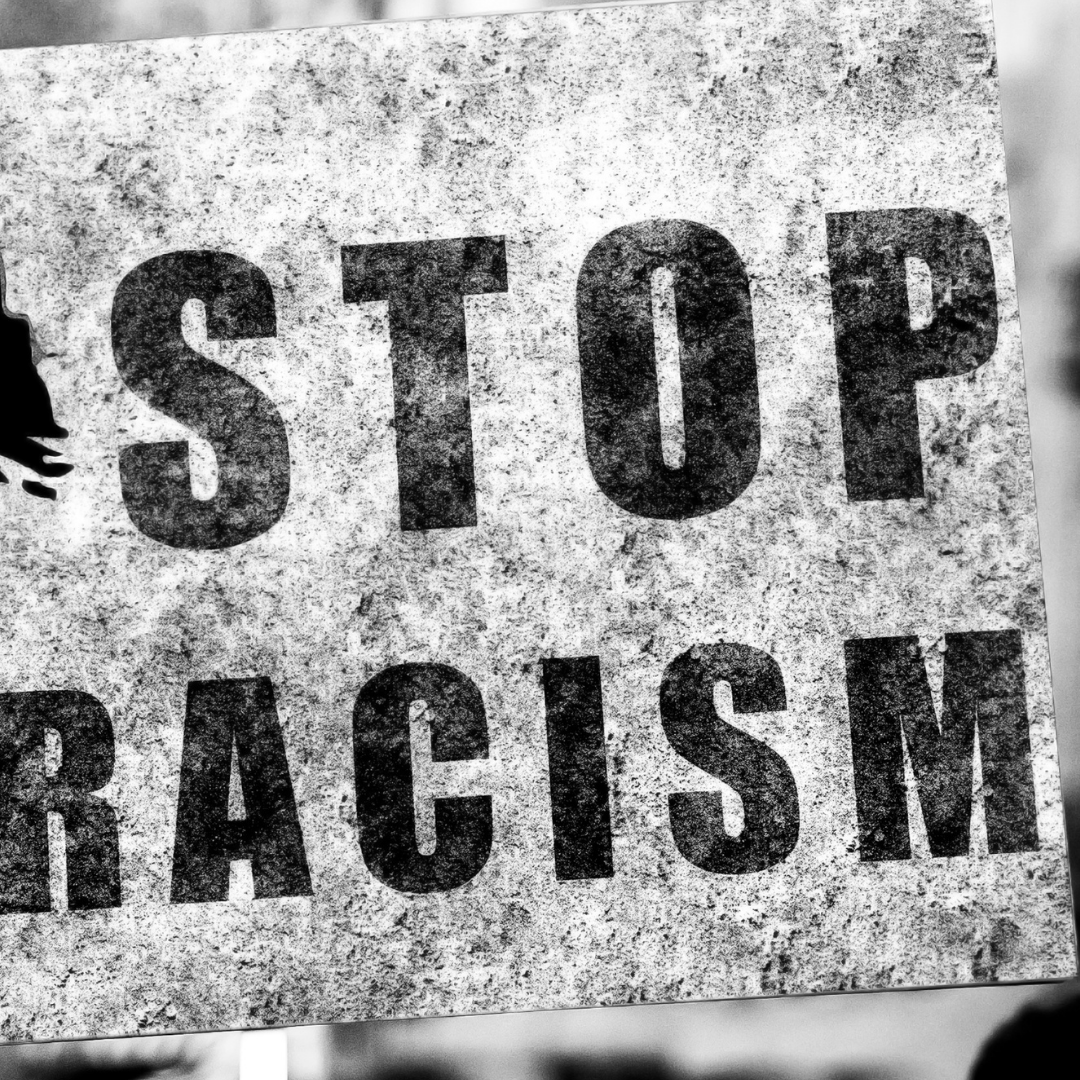
A lot of white people are afraid to get involved in anti-racism work. Many of us are afraid to claim association with #BlackLivesMatter. We’ve heard from friends or colleagues that our schools have gone too far in revising curriculums. We’ve read that somehow teachers are supposed to make math anti-racist and that’s impossible. We’ve been told that no one cares about academic standards anymore, that classical liberalism is under assault, that Critical Race Theory is opposed to Christianity.
Why Anti-Racism?
But let’s remember what is at stake here. Anti-racism is about making an active commitment to dismantle the persistent and pervasive effects of racism. At virtually every level of American society—politics, health care, education, law enforcement, housing—we need to undo the pernicious effects of generations of racism.
We need active opposition to both individual and collective/systemic racism. And white people have a crucial role to play in this work.
Compassionate Anti-Racism
There are multiple ways to go about anti-racist work. I am committed to what Chloe Valdary calls compassionate anti-racism and Osheta Moore calls anti-racist peacemaking.
They explain that anti-racism can result in power struggles and denigration and shaming of white people, or it can result in repentance that leads to mutual healing and repair.
Learn more with Amy Julia:
- AJB Recommends: Resources About Critical Race Theory
- White Picket Fences: Turning towards love in a world divided by privilege
- A 3-Day Civil Rights Tour Itinerary for Families
- AJB Recommends: Books, Movies, and More About Race and Privilege (for kids and adults)
If you haven’t already, you can subscribe to receive regular updates and news. You can also follow me on Facebook, Instagram, Twitter, Pinterest, YouTube, and Goodreads, and you can subscribe to my Love Is Stronger Than Fear podcast on your favorite podcast platforms.




